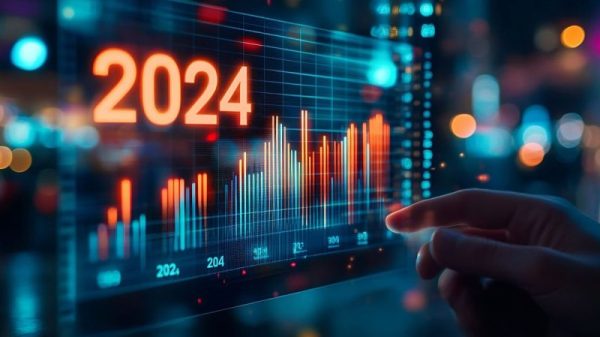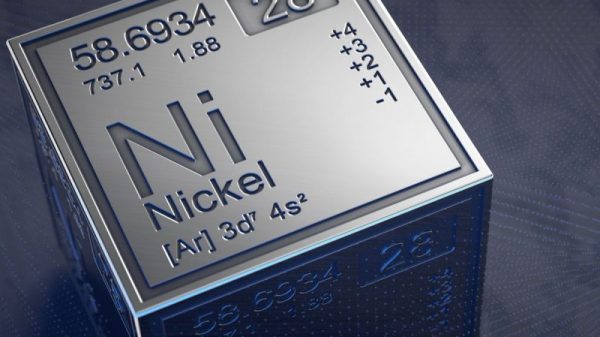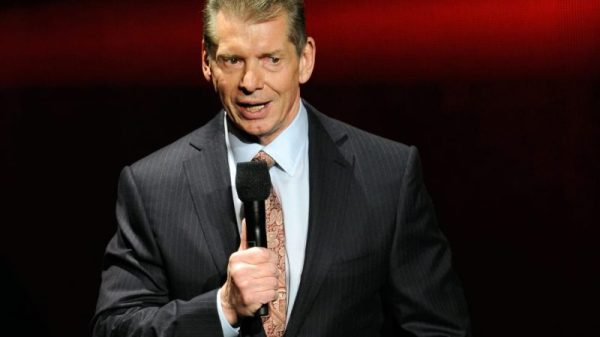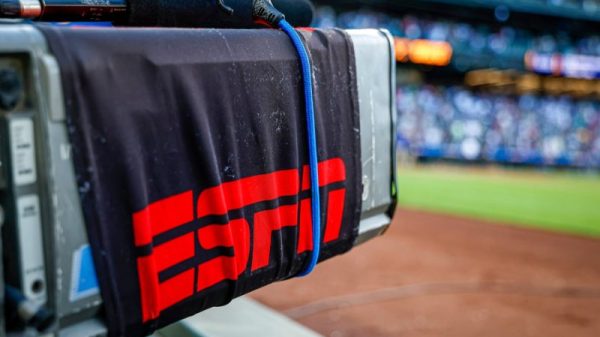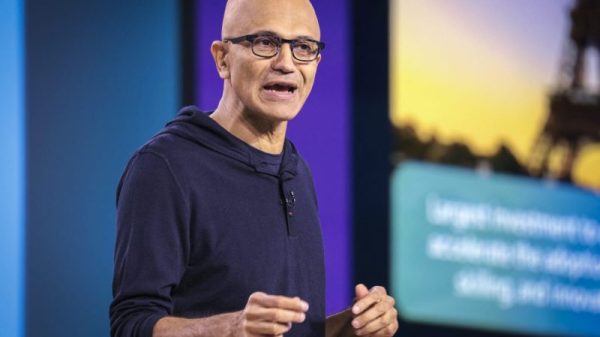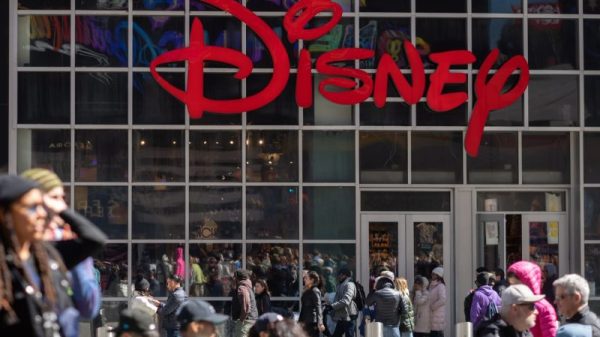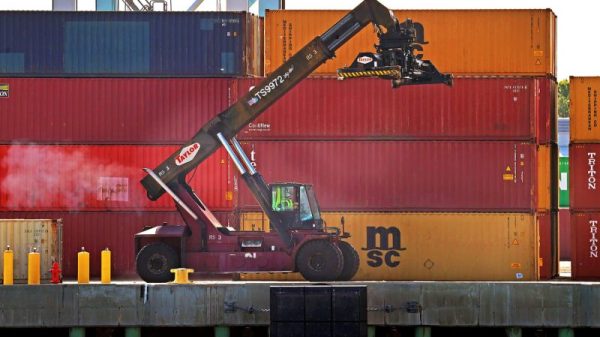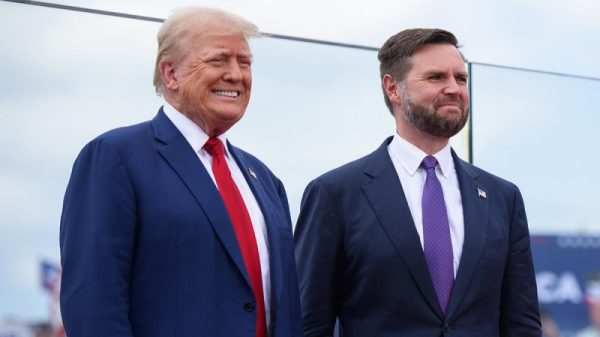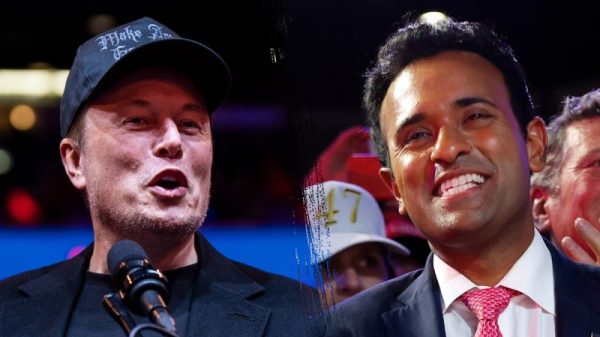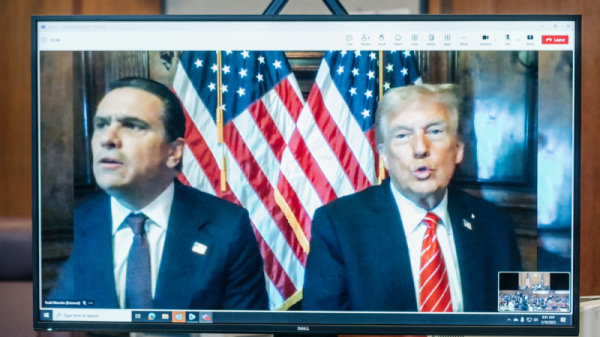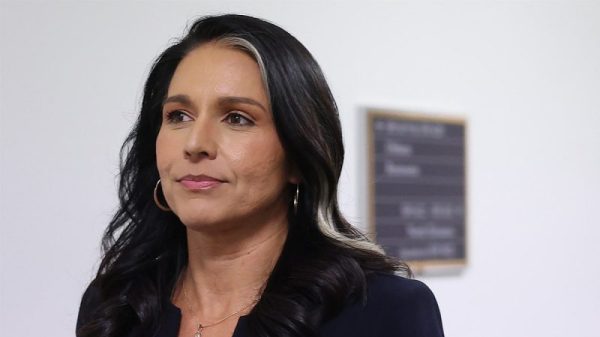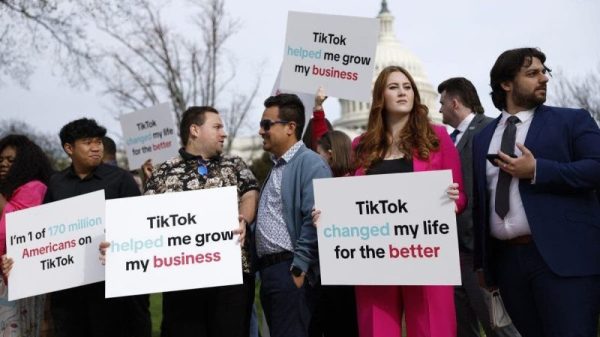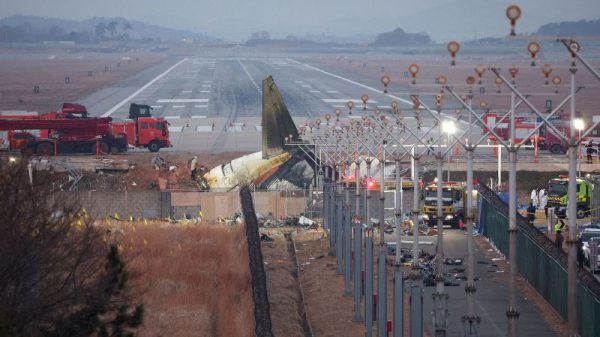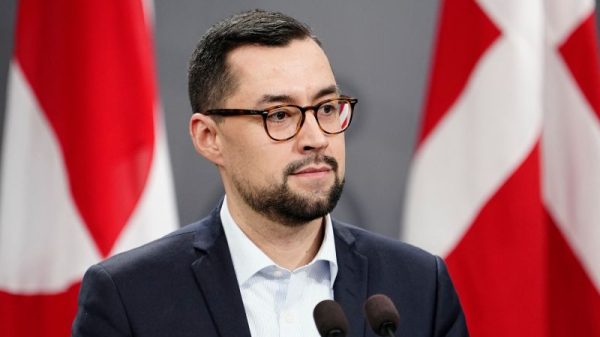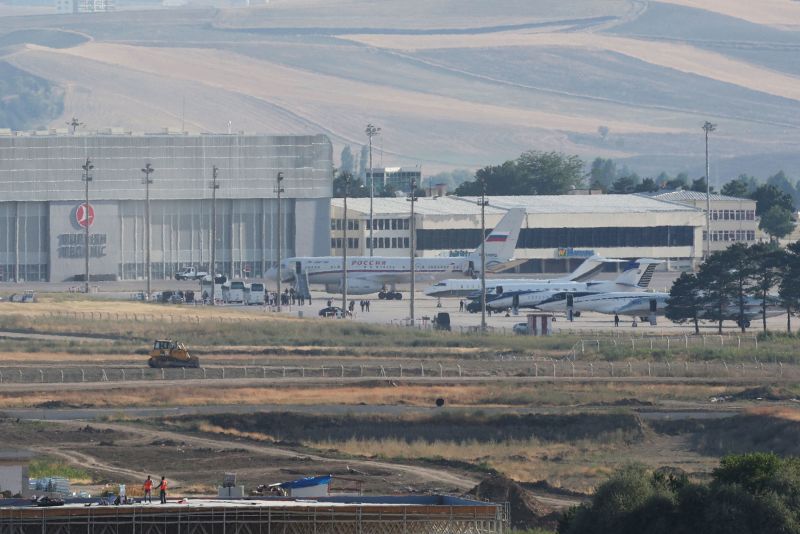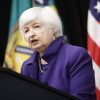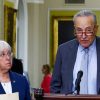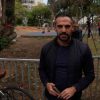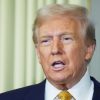Russia’s release of Wall Street Journal reporter Evan Gershkovich, former US Marine Paul Whelan and Russian-American journalist Alsu Kurmasheva is cause for celebration: The three were freed as part of a sweeping prisoner exchange that also saw the release of prominent Russian opposition leader Vladimir Kara-Murza and other opponents of Russia’s war on Ukraine.
But the Russians can also count a win. This was not an episode ripped from a John le Carré-style thriller, with spies on both sides being exchanged across a bridge. Instead, the Kremlin collected human collateral – journalists and opposition figures, both Russian and foreign – to secure the release of Russians apparently serving the interests of the state.
Among those headed back to Russia are convicted hackers and several Russian nationals detained in the West for spying. And the biggest prize for Russia was the return of Vadim Krasikov, a convicted hitman whose release had been publicly sought by Russian President Vladimir Putin.
Krasikov was convicted by a German court of the 2019 killing of Zelimkhan “Tornike” Khangoshvili, an ethnic Chechen of Georgian nationality, in a Berlin park. In a February interview with right-wing media personality Tucker Carlson, Putin cast the assassination of Khangoshvili as a public service, describing Krasikov as “a man who, for patriotic reasons, eliminated a bandit.”
The release of Krasikov and others accused of espionage appears to send a familiar message. If you work for us, you will ultimately be rewarded and protected. And if you betray us, our memories are long.
Take the case of Viktor Bout, the Russian who was exchanged in 2022 for basketball star Brittney Griner. Described as “one of the world’s most prolific arms dealers” by the US Department of Justice – and the inspiration for the anti-hero of the Hollywood film Lord of War – Bout was long suspected of ties to Russian intelligence services.
After his return to Russia, Bout found a place in politics, winning a seat in a regional legislature. He had flattering interviews in the press and appeared at the St. Petersburg International Economic Forum, the favorite annual talking-shop for Putin and the Russian elite.
Anna Chapman, one of 10 Russian sleeper agents deported from the US in a 2010 prisoner swap, was also feted on her return to Russia. She was elected to a pro-government board. She also launched her own line of clothing.
Chapman and nine other so-called “illegals” were traded for four people, including former Russian military intelligence officer Sergei Skripal, who had been convicted of spying for the United Kingdom.
Skripal and his daughter Yulia survived poisoning with the nerve agent Novichok in the English cathedral city of Salisbury in 2018. Britain blamed the poisoning on Russia; Russia has consistently denied involvement, although Putin referred to Skripal as a “scumbag” and a “traitor,” his contempt suggesting that Skripal had gotten his just desserts.
The long arm of the Kremlin also seemed apparent in the 2006 poisoning of Alexander Litvinenko, a former Russian agent turned whistleblower. Both a 2016 British inquiry and the European Court of Human Rights concluded the two men who allegedly poisoned Litvinenko – former KGB and FSB employee Andrei Lugovoi and former Russian army officer Dmitri Kovtun – were acting on behalf of the Russian state.
Lugovoi went on to win a seat in the Russian parliament. He won an “Order of Merit” medal from Putin in 2015.
This pattern of history, then, reinforces a message to all who work the Russian state – and especially for its massive security and intelligence apparatus – that Russia looks after its own. Putin, after all, is a graduate of the intelligence services, and knows the code of honor that is peculiar to world of Russian espionage.
But what does this complex deal tell us about Russia’s ongoing confrontation with the West? Since Russia’s full-scale invasion of Ukraine in February 2022, relations between Moscow and Washington have been at an all-time low. But the negotiations that led to Thursday’s swap show that channels of communication between US and Russian officials remain open.
And even with the Ukraine war raging, top US and Russian generals have also kept crucial lines of communication open, in large part to keep the United States and Russia from veering inadvertently into open conflict.
The exchange of Russian opposition figures, however, is also a sort of victory for the Kremlin. Even in prison, individuals such as Vladimir Kara-Murza – who was serving a lengthy sentence for treason – retained stature internationally as prisoners of conscience. Dissidents such as Russian artist Alexandra Skochilenko, who was sentenced to seven years for a protest that involved putting anti-war messages on price tags in a Russian grocery store – have laid bare the absurdity of Russia’s draconian wartime media laws.
The exchange, at least in the short term, means those anti-war voices are exiled, and not a threat to the system. The release of Russians in the swap means that Russia’s political climate is no less repressive.
And in geopolitical terms, little changes. Following the prisoner exchange, the West will still have to confront a Russian leadership that has made clear what its priorities are: protecting the interests of the security state and maintaining a path of open hostility toward the West.


